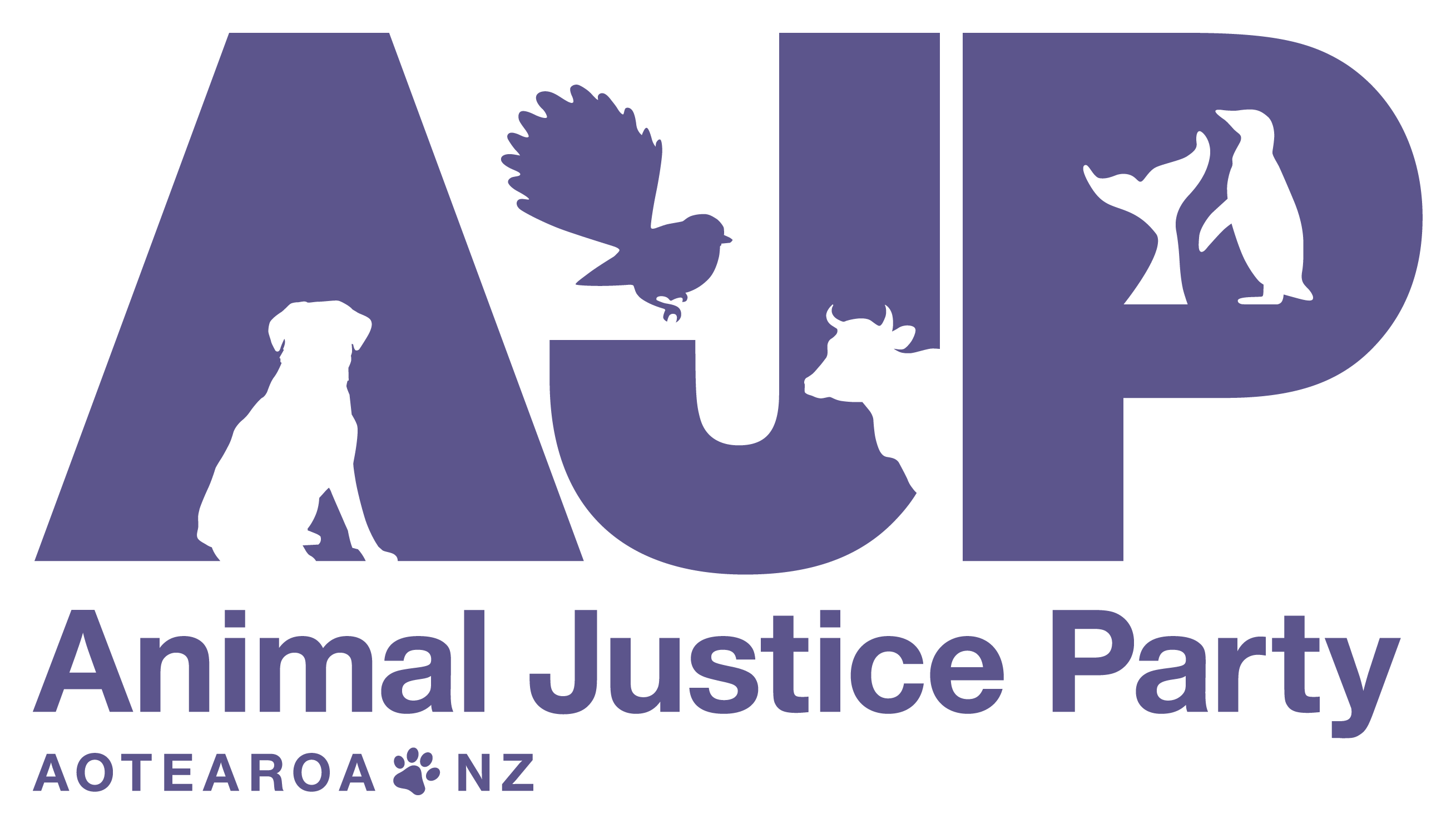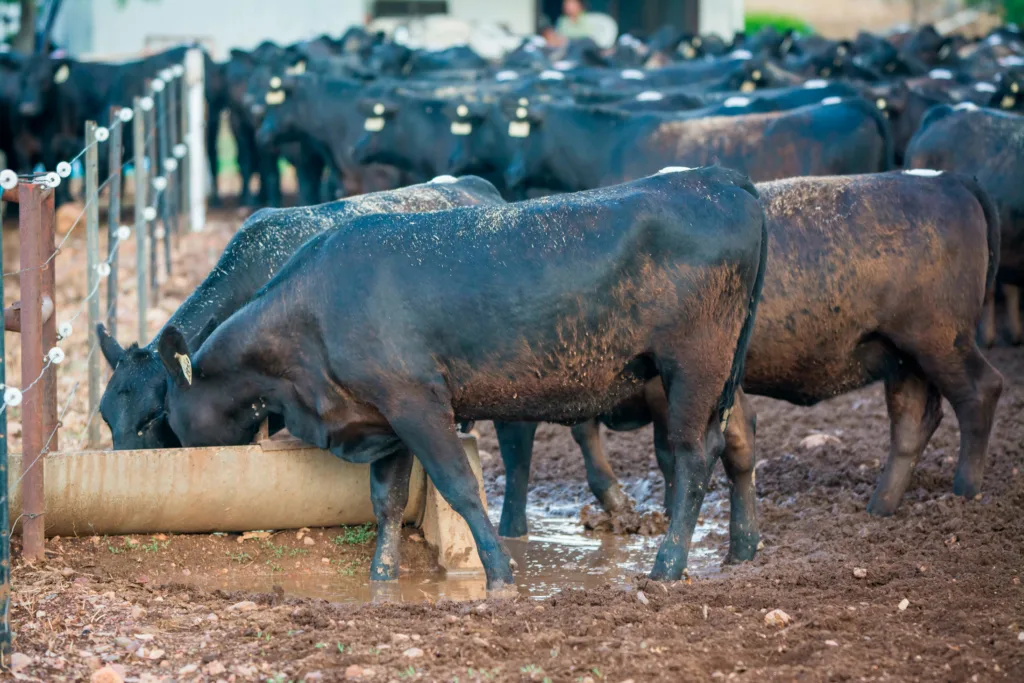In 2019, the Winter Grazing Task Force (WGTF) published an extensive report and recommendations on how to move towards a model that will result in better outcomes for animals and the environment, but nothing has come of it.1
During winter months, farmed animals in parts of Aotearoa face harsh weather conditions, making grass scarce. To remedy this, farmers confine herds to small paddocks and leave the animals there until the groundcover has been grazed down to mud. In so-called ‘strip feeding’, animals are expected to live, eat, sleep – and give birth in – overcrowded, sometimes knee-deep mud. When combined with excrement, the mud causes giant cesspools that risk the health and well-being of the animals that are subjected to this treatment.
Additionally, there are also wide-reaching environmental and human health impacts from this practice. Rain causes topsoil to dislodge, and sediment and excrement flows from paddocks towards waterways, causing a thick layer of sludge to build up in river beds. This destroys invertebrate habitats and disrupts ecosystems. Town water supplies can be affected, risking human health.
AJP will campaign to see the WGTF recommendations established and the end of intensive winter farming.

